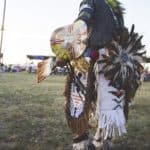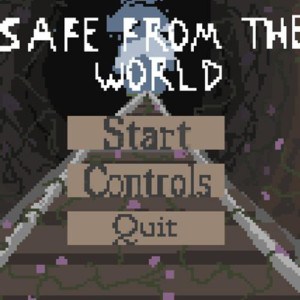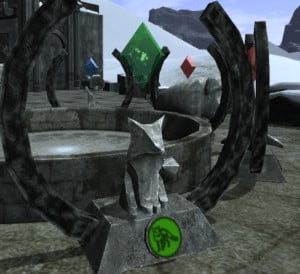During the process of applying for the CanCode grant, we were approached by the Mushkegowuk Council – which provides support for Attawapiskat First Nation, Chapleau Cree First Nation, Fort Albany First Nation, Kashechewan First Nation, Missanabie Cree First Nation, Moose Cree First Nation, and Taykwa Tagamou First Nation – to run the delivery program in their communities. This was a welcome invitation for us – our mandate is to bring tech education everywhere that needs it.
We’re starting from a totally new place with Mushkegowuk – in many communities in Nunavut, we have contacts on the ground to get us rolling, a network already in place to support Pinnguaq. No one has heard of us in these northern Ontario communities. Our first step, therefore, has been to reach out and meet with community members and stakeholders – in person, if possible, to explain the program and try to make contacts in the communities, as well as to get creative and logistical input. The Youth Coordinator for the Mushkegowuk Council, Rex Knapaysweet, has been invaluable in setting up meetings.
The Mushkegowuk communities are logistically diverse, each presenting their own challenges – Attawapiskat, Kashechewan, and Fort Albany are fly-in only, except when the ice road is open during the winter. Moose Cree is fly-in but also has a train that travels there from Cochrane. Chapleau and Taykwa Tagamou are both near settlements with highways, and Missanabie has been embroiled in a legal battle over a land title for years, with no reserve currently to their name.
Meeting with the Mushkegowuk communities has not been without barriers, including one very physical barricade on the ice road between Fort Albany and Attawapiskat. We are attempting to reduce those barriers by hiring people directly out of those communities to deliver sessions, contribute to curriculum, and provide networking services. Our first hire in that push is Jaime Fortin, from Chapleau Cree, who will help us deliver our program through summer 2018 and hopefully beyond. Jaime began with us on April 30. More hires are to come as we expand our base of operation into Mushkegowuk territory.
Throughout this work, we are constantly reminded, through suicide, police shootings, and community grief, of the specter of colonialism. These tragedies reaffirm the importance of building capacity and opportunities for Indigenous youth. They also speak to the resilience of the populations we serve. We have reached out to a traditional healer from the Curve Lake First Nation and our local CMHA to help us prepare our staff as much as possible. As an organization employing people of diverse backgrounds, we’re not in a position to treat mental health or heal divides, but we hope to have a positive impact on the youth of these communities regardless.
Our first delivery sessions in Mushkegowuk will start this summer and the response already has been stellar. Just as in Nunavut, the youth are excited and ready to take part in this opportunity and we’re looking forward to expanding beyond the borders of Nunavut over the coming months.



